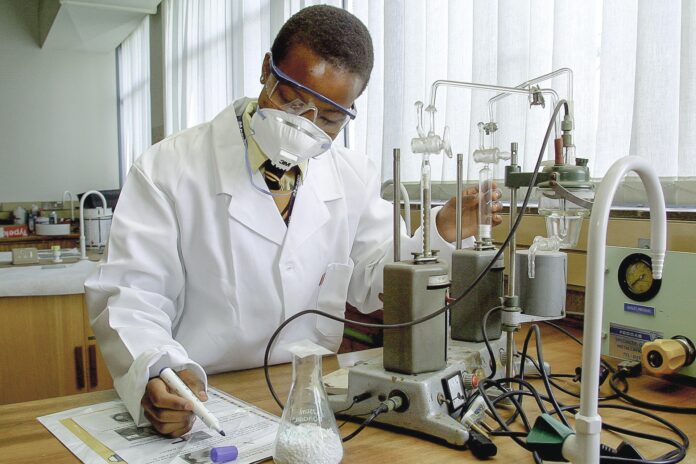A gene in humans could be responsible for the sort of immune response a body gives when it comes in contact with coronavirus. Researchers believe this information could potentially pave the way for an effective coronavirus treatment.
Promising research is published in the journal of the American Medical Association. Researchers from the study looked at the variation in the genetic makeup of four different young male patients who were seriously ill with coronavirus. The males were from two families and had no previous underlying medical conditions. This means they have no factors making them more susceptible to the disease.
Researchers from Radboud University Medical Center in the Netherlands believe the patients had specific variants of a gene called TLR7. They also found that these patients had defects in their immune system molecules including both types I and II interferons.
Before developing coronavirus symptoms, the patients were otherwise healthy and well but after catching the virus the patient’s required mechanical ventilation in the ICU due to severe illness and an inability to breathe.
Also Read: Paramedics Alert About Incorrect Use of Face masks That Increases the coronavirus risk
Rapid clinical sequencing of the given genes in the study, including those in the available family members, helped researchers find that the variants of the gene TLR7 in the patients had a loss-of-function. The scientists mentioned this in the study saying there was a rare putative loss-of-function in the variants of X-chromosomal TLR7.
The TLR-genes help make a group of protein receptors on the surface of cells that have a role in detecting pathogens in the body.
The researchers describe that these receptors are responsible for recognizing infectious agents such as viruses of bacteria in the body. To protect the body they then signal and activate the immune system to deal with the risk.
TLR7 signals the making of interferons that then signal proteins that are important in the defense against the infections caused by viruses.
Earlier research has found that alterations in the TLR7 gene may make alter the production of any of these proteins.
Although TLR7 function has never been so clearly linked with an inborn inability of the immune system, the new research indicates that it may be an essential factor for protection against coronavirus.
Alexander Hoischen is a geneticist and a co-author of the study. He says it appears that the virus can replicate without warning because the immune system doesn’t get any signal of the viral invasion in the body.
He explains why this happens, he says the TLR7 is the thing responsible for identifying the intruding virus and has to activate a defense mechanism in response, and since it is not present it could be why these brothers had such severe symptoms of the illness.
The researchers of the study also discovered another pair of young siblings who had also fallen seriously ill with coronavirus. These brothers were also admitted to the ICU for assisted ventilation.
Upon further genetic investigation, they discovered that those brothers also had the same mistake in their TRL7 gene.
Also Read: Ontario Now Has the Lowest Cases of Coronavirus Reported in 24 hours
Hoischen says the gene has the same effect however because these brothers also do not produce enough TLR7 proteins for their bodies to be functional against the disease. He noted that during their study they found four young individuals all of whom with the same genetic defect that eventually contributed to their severe illness.
This research not only has the potential to provide important insight into how our immune system works but also will pave the way for future research regarding coronavirus treatment.




